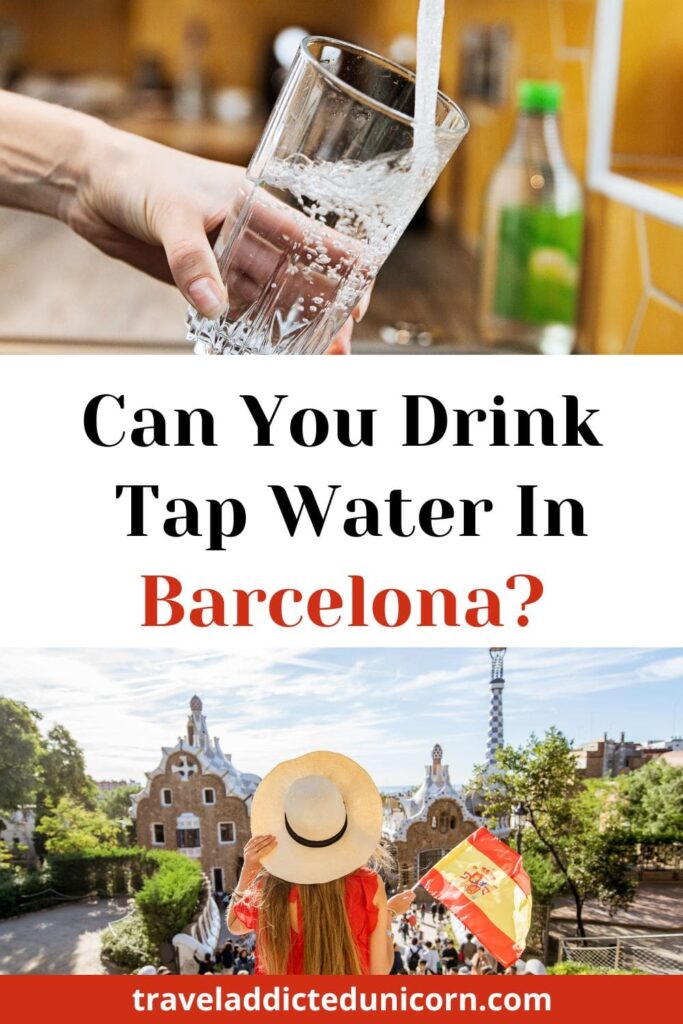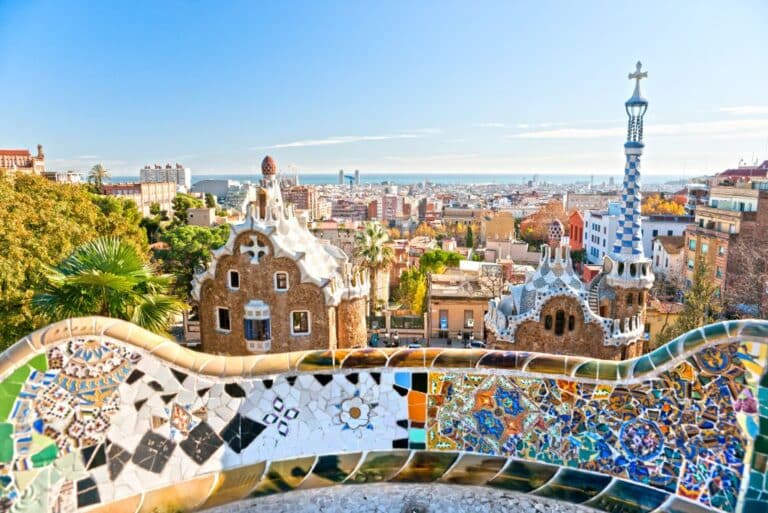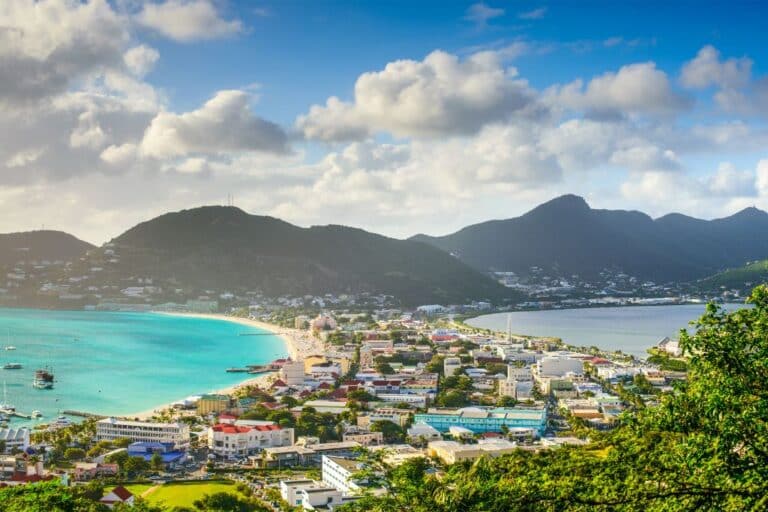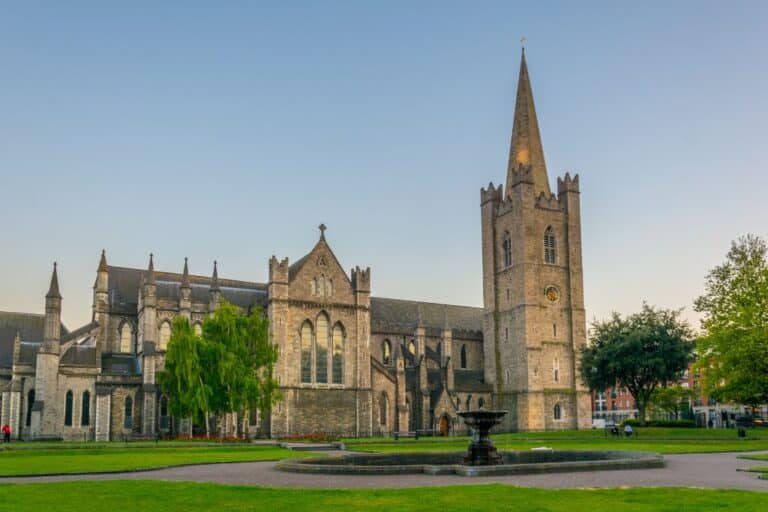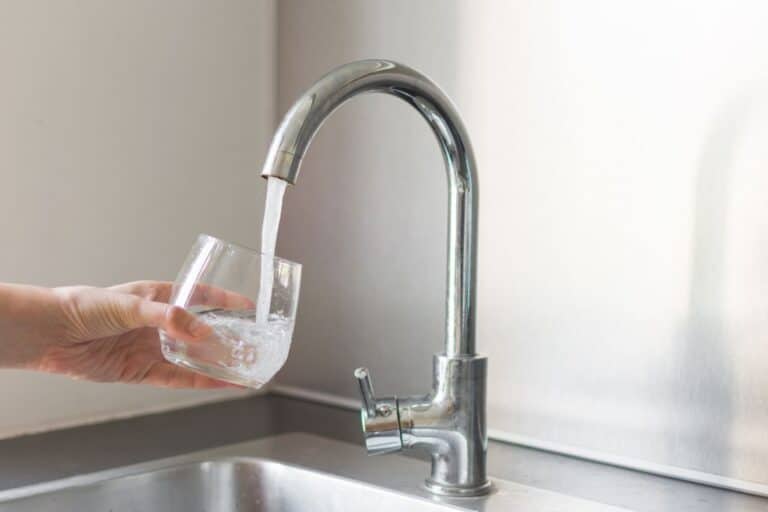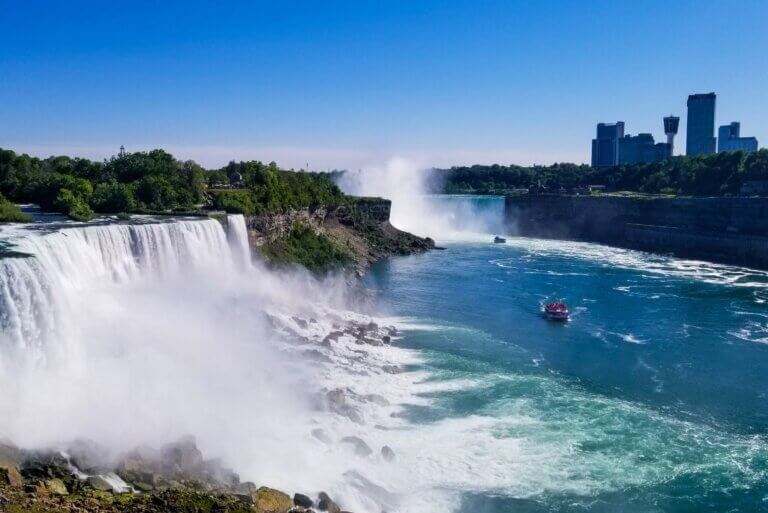Can You Drink The Tap Water In Barcelona?
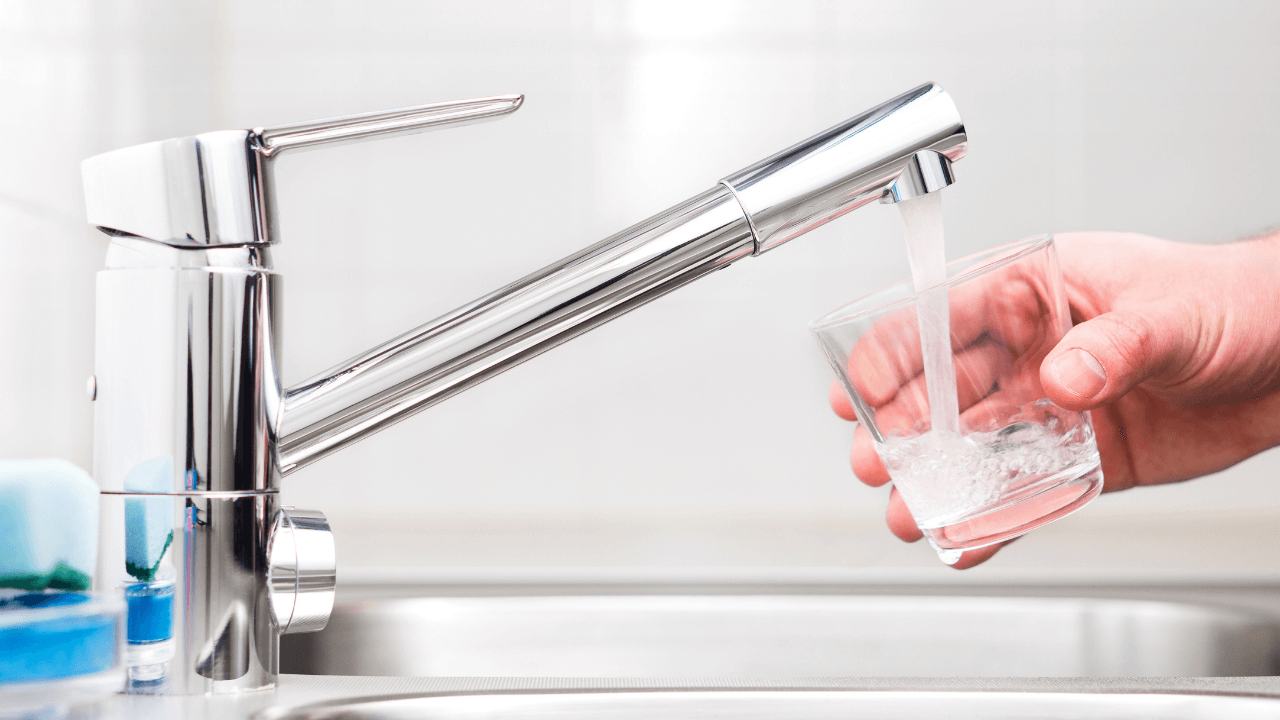

Are You Wondering If You Can Drink The Tap Water In Barcelona? Keep Reading To Find Out!
Planning a trip to Barcelona and wondering if it’s safe to drink the tap water?
You’re not alone—this is a common question for travelers visiting new destinations.
While bottled water is readily available, knowing whether tap water is safe can help you save money, reduce plastic waste, and stay hydrated during your adventures.
In this blog post, we’ll explore the safety, quality, and taste of tap water in Barcelona.
So you can feel confident about your hydration choices while enjoying everything this vibrant city has to offer.
Can You Drink The Tap Water In Barcelona In 2025?
Yes, it is safe to drink tap water in Barcelona.
The city’s water supply meets all EU and WHO safety standards, and the water is regularly tested to ensure its quality.
While some locals and tourists prefer bottled water due to the tap water’s chlorine taste or mineral content, it is completely safe to drink and use for cooking.
The tap water in Barcelona comes primarily from rivers and reservoirs and undergoes thorough treatment before reaching households.
If you’re not familiar with the taste, consider using a water filter.
Staying hydrated is essential, and with safe tap water readily available, you can save money and reduce plastic waste while enjoying your time in Barcelona.
How clean is the tap water in Barcelona?
The water supply in Barcelona undergoes extensive treatment.
Including filtration, chlorination, and regular quality testing, to ensure it is free from harmful contaminants.
While the water is clean and safe, some people may notice a slight chlorine taste or higher mineral content, which can affect the flavor.
However, this does not impact its safety.
The government agency that oversees the safety of tap water in Spain is General de Sanidad.
While Aigües de Barcelona is the local water safety company.
Where does the Barcelona tap water come from?
Barcelona’s tap water comes from a combination of sources.
Including the Llobregat and Ter rivers, local groundwater, and desalinated seawater from the Mediterranean.
The Llobregat River, one of the main sources, has a higher mineral content, which can contribute to the tap water’s distinct taste.
The river flows into the Mediterranean south of the city and passes through a saline basin.
Therefore the water from Llobregat has a high mineralization – it contains chlorides and sodium.
The higher salt content, which acts as a flavor enhancer, tends to accentuate the chlorine taste.
Meanwhile, the Ter River provides softer water with a more neutral flavor.
The water has moderate salt concentration and is rich in calcium and bicarbonates.
Groundwater from local aquifers supplements the supply, and a desalination plant ensures an additional reliable source, especially during dry periods.

Can you drink the bathroom tap water in Barcelona?
Yes, you can drink the bathroom tap water in Barcelona.
The water supply throughout the city, including in bathrooms, comes from the same treated sources and meets the same strict safety standards.
While some people might prefer the taste of bottled water or filtered water for drinking, the tap water in bathrooms is just as safe as the kitchen tap water.
If you’re staying in a hotel or apartment and want to refill your water bottle, you can do so confidently from any tap.
👉 If you prefer drinking water through a filter, grab your LARQ Bottle. The Nano Zero Filter technology removes lead, heavy metals, chlorine, microplastics, and other particulates in the water.

Do you have to pay for water in restaurants/hotels in Barcelona?
In Barcelona, whether you have to pay for water in restaurants or hotels depends on the situation:
Restaurants: It’s common for restaurants to serve bottled water rather than tap water. However, you’ll typically have to pay for it. When ordering, the server will usually ask if you prefer “con gas” (sparkling) or “sin gas” (still). Most restaurants in Europe in general charge for providing water for their customers.
Hotels: In hotels, tap water is generally free and safe to drink. Therefore, you won’t need to pay for water unless you opt for bottled water from the minibar or room service. Also, many hotels provide complimentary bottled water as part of their service, particularly in higher-end accommodations.
To save money, consider carrying a reusable water bottle and refilling it with tap water, which is safe to drink throughout the city.

What does the tap water in Barcelona taste like?
Tap water in Barcelona is safe to drink, but its taste can be acquired by some.
It has a noticeable chlorine flavor due to the disinfection process, which ensures its safety.
Additionally, the water has a relatively high mineral content, particularly from the Llobregat River.
Which can make it taste slightly salty or metallic to those unaccustomed to it.
While the taste doesn’t affect the water’s safety, some locals and visitors prefer using a water filter or drinking bottled water to improve the flavor.
However, many people find that they adjust to the taste after a short time. Especially since tap water is a convenient and eco-friendly option.
👉 If you prefer drinking water through a filter, grab your LARQ Bottle. The Nano Zero Filter technology removes lead, heavy metals, chlorine, microplastics, and other particulates in the water.
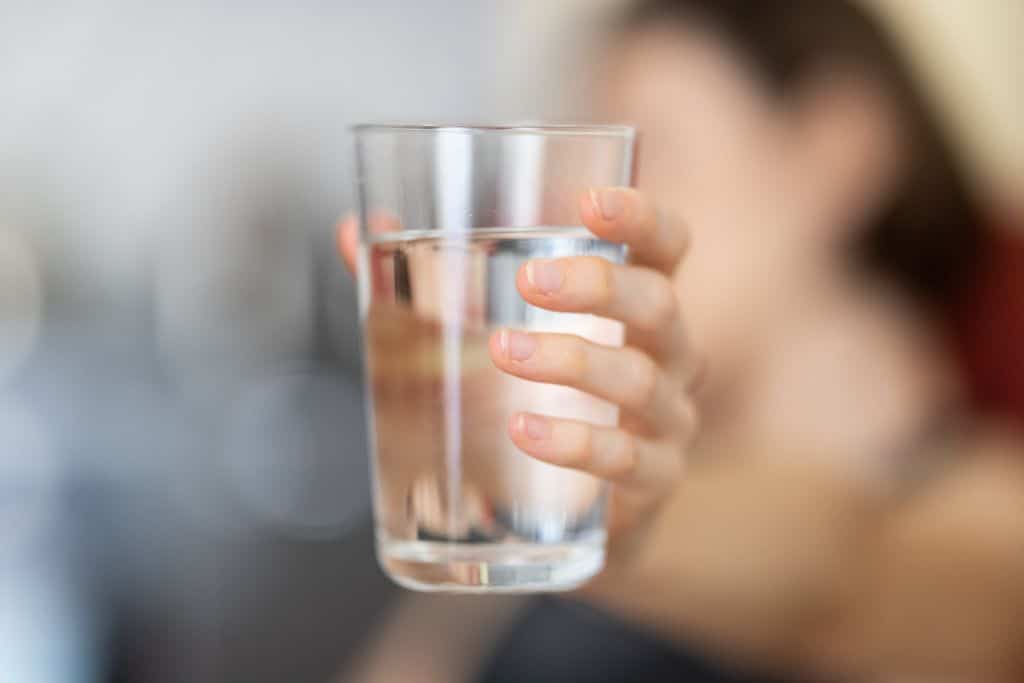
Do you need a water filter in Barcelona?
You don’t need a water filter in Barcelona.
However, some people prefer to use a filter to improve the taste.
Using a water filter, such as a pitcher filter or a reusable bottle with a built-in filter, can help reduce the chlorine taste and any potential impurities, making the water more enjoyable to drink.
If you’re sensitive to the taste or plan to stay in Barcelona for an extended period, a filter can be a worthwhile investment.
For short visits, though, it’s not necessary unless you have a strong preference for filtered water.
👉 If you prefer drinking water through a filter, grab your LARQ Bottle. The Nano Zero Filter technology removes lead, heavy metals, chlorine, microplastics, and other particulates in the water.

Is bottled water safer than tap water?
In Barcelona, bottled water is not necessarily safer than tap water; both meet high safety standards.
However, bottled water may appeal to those who prefer a more neutral taste or want to avoid the chlorine and mineral flavors present in tap water.
Also, some people opt for bottled water out of habit or convenience, especially when exploring the city.
The main difference lies in preference rather than safety.

FAQs: Can You Drink Tap Water In Barcelona?
Let’s take a look at some of the most frequently asked questions when it comes to drinking tap water in Barcelona.
Is the drinking water in Barcelona hard or soft?
The drinking water in Barcelona is hard due to its high mineral content, primarily from the Llobregat River.
It contains calcium and magnesium, which contribute to the “hardness” of the water.
As a result, the water may feel a bit more mineral-rich compared to softer water found in other regions.
The water’s hardness is due to the type of stone bed where the water originates; a lot of coastal areas like Barcelona often have hard water.
Also, many travelers experience dryness in their hair and skin due to the city’s hard water.
These minerals can accumulate on the skin and hair, leading to dryness and irritation.
Additionally, hard water reduces the effectiveness of laundry detergents. Which means you need to use more of the product to clean something.
🦄 Related Spain Posts:
All You Need To Know About Park Guell, Barcelona
Barcelona: Gothic Quarter, La Rambla & Flamenco Show
10 Foods & Drinks To Try In Spain
5 Best Barcelona Ghost Tours To Take
13 Best Gaudi Barcelona Tours To Take
22 Best Things To Do In Barcelona In October
Barcelona: Casa Batllo, Casa Mila & Casa Vicens
Tips For Visiting Sagrada Familia For The First Time
What Language Is Spoken In Barcelona?
What is the pH balance in the drinking water in Barcelona?
The pH balance of drinking water in Barcelona typically ranges between 7.5 and 8.5, which is slightly alkaline.
This pH level is within the recommended range for drinking water, ensuring it is neither too acidic nor too basic, making it safe and suitable for consumption.

Does the drinking water in Barcelona contain chlorine?
Yes, the drinking water in Barcelona contains chlorine. It is used in the water treatment process to disinfect the water and eliminate harmful bacteria and pathogens.
While chlorine ensures the water’s safety, it can sometimes result in a slight chlorine taste, which some people may find noticeable.
However, this level of chlorine is safe for consumption.
Does the drinking water in Barcelona contain fluoride?
The drinking water in Barcelona does not contain added fluoride.
Some cities around the world add fluoride to their water supply for dental health benefits.
However, Barcelona does not include fluoride in its tap water.

What other chemicals are in the tap water in Barcelona?
In addition to chlorine, the tap water in Barcelona contains various naturally occurring minerals, including calcium, magnesium, and sodium.
While the water is thoroughly tested to ensure it meets health and safety standards, trace amounts of other treatment chemicals may also be present.
However, these are well within the regulated limits for safe consumption.
The water undergoes regular monitoring to ensure it remains free from harmful substances like heavy metals, pesticides, and bacteria.

What other tests have been done on the drinking water in Barcelona?
The drinking water in Barcelona undergoes a comprehensive range of tests to ensure its safety and quality. These include:
Microbial Testing: The water is regularly tested for bacteria, including Escherichia coli (E. coli) and other pathogens, to ensure it is free from harmful microorganisms.
Chemical Analysis: The water is tested for various chemical contaminants. Including heavy metals (such as lead, arsenic, and mercury), pesticides, and industrial chemicals, to ensure they are within safe limits.
Turbidity: The clarity of the water is tested to ensure there is no suspended matter that could affect water quality.
pH Level: The water’s acidity or alkalinity is monitored to ensure it falls within the safe range for drinking.
Mineral Content: Regular checks are made for the levels of naturally occurring minerals. Such as calcium, magnesium, and sodium, which contribute to the hardness of the water.
Disinfection Byproducts: Also, they check for disinfection byproducts. Such as trihalomethanes (THMs), that can form when chlorine reacts with organic material in the water.

Conclusion: Can You Drink The Tap Water In Barcelona?
In conclusion, tap water in Barcelona is safe to drink and meets strict safety standards set by the European Union and the World Health Organization.
It is regularly tested and treated to ensure it is free from harmful contaminants, making it just as safe as bottled water.
While some people may notice a chlorine taste or find the water’s mineral content a bit strong, it remains clean and drinkable.
Whether you choose to drink it straight from the tap, use a filter, or opt for bottled water, you can confidently stay hydrated during your visit to Barcelona.
